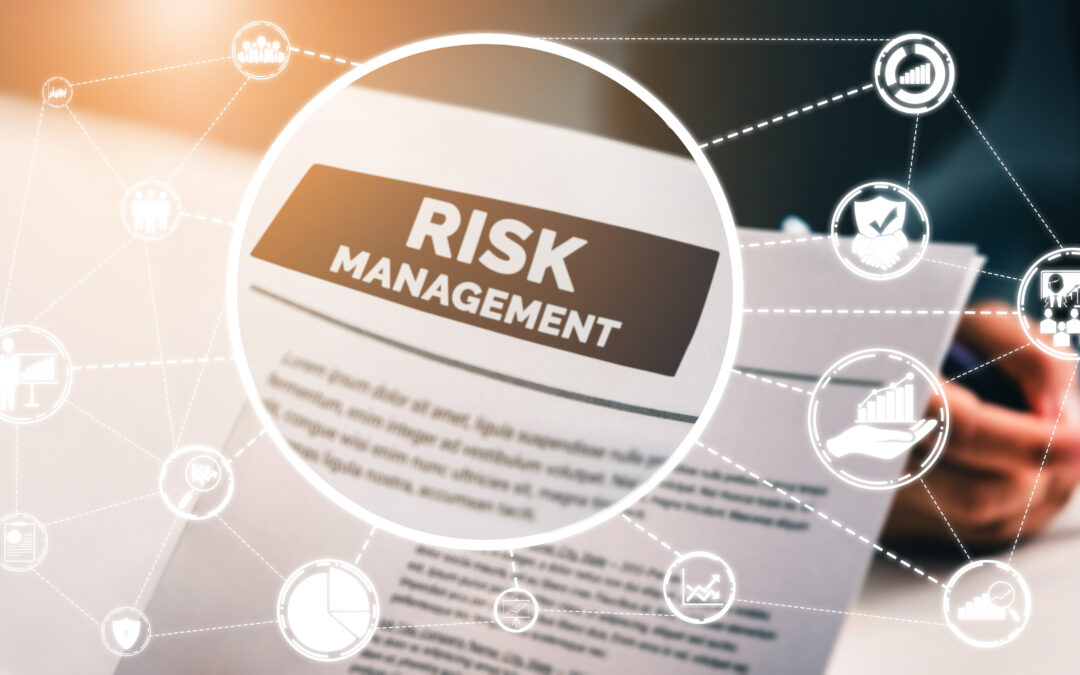In the event planning universe, uncertainties are an inherent part of the process. From unexpected weather conditions to unforeseen emergencies, organizers must be prepared for the unpredictable. This is where the concept of “Force Majeure” comes into play. In this blog post, we’ll dig into the importance of preparing for the unforeseeable with a focus on Force Majeure at events.
What can we understand as Force Majeure?
Force majeure is a French term that means “superior force.” It is a legal concept that refers to events that are beyond human control and that prevent someone from fulfilling their obligations. In the context of events, such as concerts, conferences, or other gatherings, force majeure clauses are often included in contracts to address what happens if unforeseen events disrupt or prevent the event from taking place. These clauses vary in their wording, so it’s essential to draft them carefully to encompass a broad range of potential disruptions. Here are some key points to consider when thinking of force majeure at events:
Characteristics: Force majeure events might include natural disasters (e.g., earthquakes, floods, hurricanes), acts of terrorism, war, riots, government actions (e.g., regulations, restrictions, permits denied), labor strikes, and other extraordinary events that could not have been reasonably anticipated or prevented.
Contractual Language: In a contract, the force majeure clause should define what constitutes a force majeure event, how it will be determined, and the consequences when it occurs. It may also specify the obligations and responsibilities of each party in the event of a force majeure situation. Work with legal experts to draft comprehensive clauses in contracts with vendors, venues, and other stakeholders. Ensure the language is clear, specific, and covers a wide range of potential events.
Mitigation and Notice: The party affected by the force majeure event is typically required to take reasonable steps to mitigate the impact and notify the other parties promptly. This may include finding an alternative venue, rescheduling, or making alternative arrangements to fulfill contractual obligations to the fullest extent possible. Failure to provide timely notice might affect the applicability of force majeure provisions.
Financial Considerations: Force majeure clauses may address financial matters, such as the allocation of costs incurred due to the incident, insurance coverage, and the refund or reimbursement of fees and deposits.
Negotiation and Dispute Resolution: If there is a disagreement regarding whether a force majeure event has occurred or how it should be handled, parties may need to engage in negotiations or follow a dispute resolution process outlined in the contract. To avoid potential conflict it is very important to understand how the clause is written in contracts you put forward or contracts you are entering.
Legal Implications: Force majeure clauses vary from contract to contract and can have significant legal and financial implications. It is essential to carefully review, ask questions, and negotiate these clauses to ensure feasibility, clarity, fairness, and the scope of impact on both sides of the table should the clause go into effect.
These key points provide a framework for understanding the topic. Furthermore, we can create a checklist of actionable items to consider while planning and managing events to strengthen our preparedness can be available and reviewed for efficacy for each particular contract. It is also wise to remain informed of the geographical, geopolítical, federal state, and local landscape surrounding the contract to best prepare and negotiate the most effective Force Majeure clause possible for the contract.
- Identify potential risks and disruptions that could impact your event.
- Review insurance policies, understand their scope, check whether they cover Force Majeure events, and what is the claims process in case of disruptions.
- Develop contingency plans for different scenarios, outlining how the event will be managed if an extreme situation occurs. This might include virtual alternatives, rescheduling, or relocating the event.
- Design a communication strategy, how will you communicate with attendees, sponsors, and participants in the event of disruptions? Transparency and clear communication are key during challenging times.
- Maintain strong relationships with vendors and partners. Discuss Force Majeure clauses and contingency plans with them to ensure everyone is on the same page.
- Visualizing solutions can help understand complex concepts. Consider creating an infographic or flowchart that illustrates the steps to take in case of a Force Majeure event.
- Keep records of all communications, decisions, and actions taken in response to the force majeure event. Clear documentation can be crucial if disputes or legal issues arise later.
- Monitor local and global developments. Stay informed about local and global events that may impact your event. This includes monitoring news, weather forecasts, and government announcements.
In the world of event planning, preparing for the unforeseeable is not just a best practice—it’s a necessity. Force Majeure events can disrupt even the most meticulously planned events, but with careful consideration, strategic planning, and clear communication, organizers can navigate these challenges and ensure the success of their events, even in the face of the unexpected. While no one can control the occurrence of Force Majeure events, we can control how prepared we are to respond to them.
Contact us today:
P: 212-877-4744
E: info@strategiceventdesign.com

 Game On, Team! Unforgettable Corporate Party Games to Boost Fun and Bonding
Game On, Team! Unforgettable Corporate Party Games to Boost Fun and Bonding “Meeting in the Middle:” Remote Work from the Employer’s Perspective
“Meeting in the Middle:” Remote Work from the Employer’s Perspective Remote Connections, Tangible Results: Why Remote Work Should Be Here to Stay
Remote Connections, Tangible Results: Why Remote Work Should Be Here to Stay Event Social Media 101
Event Social Media 101 25 Best Meeting & Convention Apps
25 Best Meeting & Convention Apps 24 More Corporate Party Games
24 More Corporate Party Games Event Sponsorship Packages 101
Event Sponsorship Packages 101 Event Interaction App
Event Interaction App Venue Questionnaire
Venue Questionnaire Company Holiday Parties 101
Company Holiday Parties 101